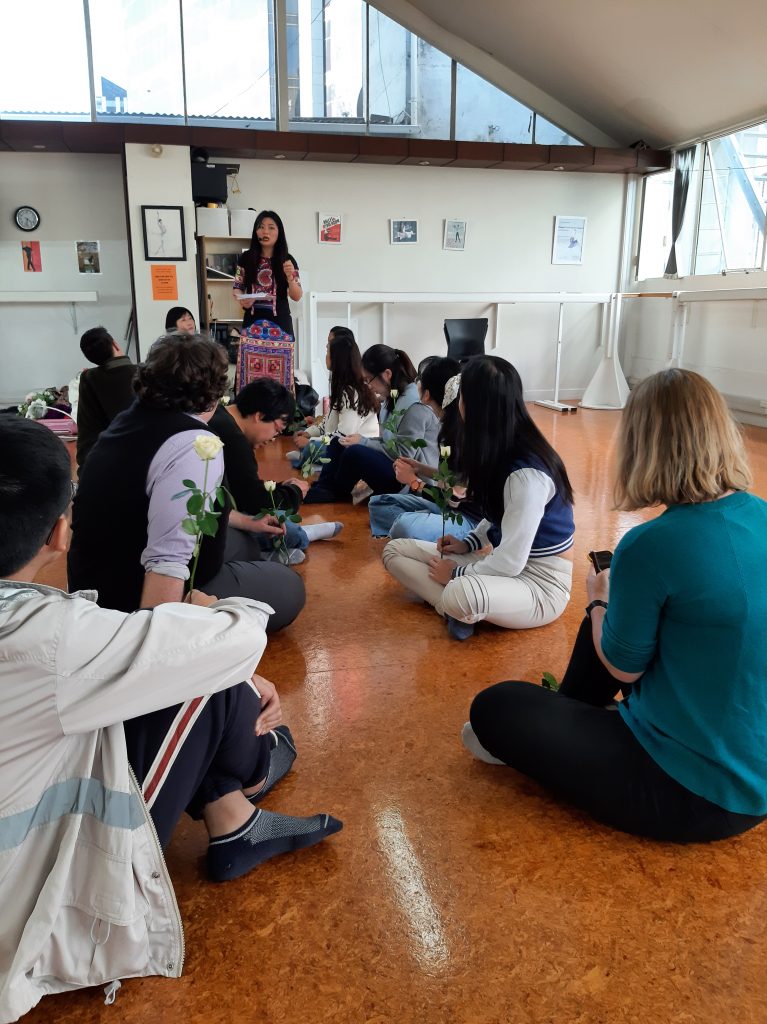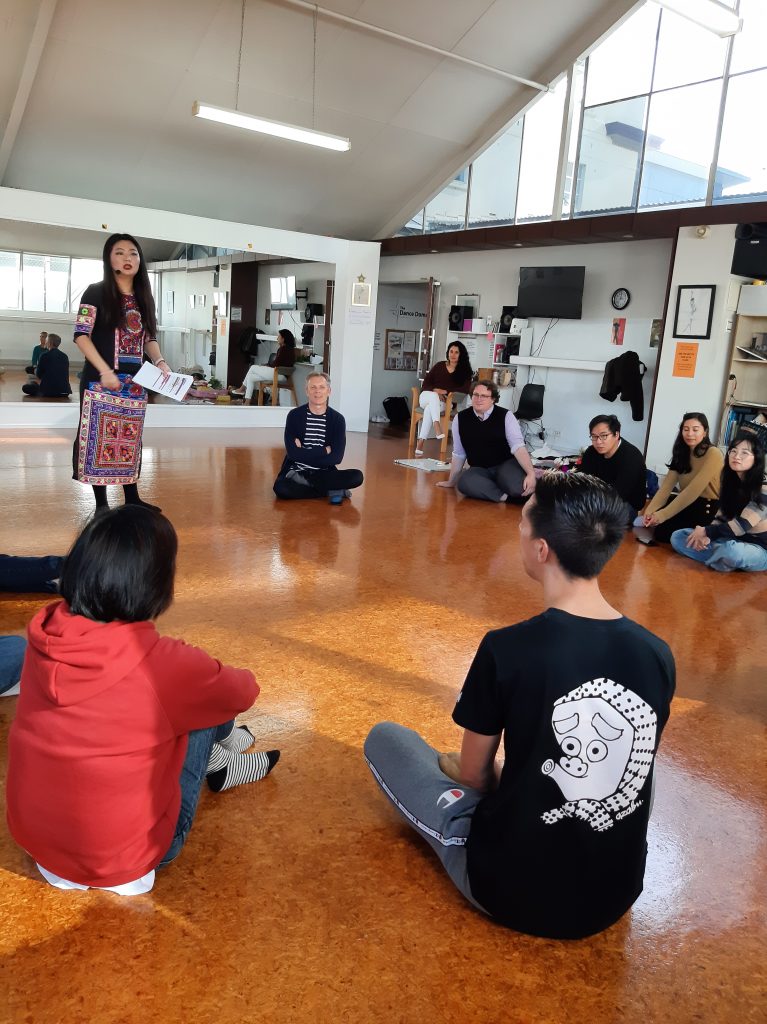Learn Chinese Through Language Exchange
If you’ve been following our posts so far you will already know that we are avid fans of language learning through immersion. But if you think that this consists only of sitting in a room while a teacher rambles on a language you can’t understand, boy oh boy, you couldn’t be more mistaken. We think language learning needs to be as fun as it is challenging, which is why last month we had our very first event since lockdown. Language exchange to learn Chinese.

What is a language exchange?
This of course leads to the obvious question of what even is a language exchange. Just like the name suggests it is an event where people get to “exchange” languages with one another. At these events, we always have native English speakers wanting to practice their target language, in this case, Chinese, and native Chinese (Mandarin) speakers wanting to practice their English. This way this event becomes a bit of a quid pro quo where everyone helps each other improve.
These events were some of the most popular ones we organised here at Language Hub before the world shut down and we weren’t able to have many people in one room. We also used to do them in many of our offered languages, not just Chinese. But the Chinese language exchanges were always the most popular ones. This has shown us how much Kiwis want to learn this amazing language.
So last month when it was time to get back on the metaphorical horse of event planning we knew where to start.
How can you learn Chinese with a language exchange?
Just like learning Chinese in a classroom, it is all about immersing yourself in the Language. Except here you do it in a social setting. And what’s even more in this exchange you get to practice the real Chinese language. This means the down-to-earth day-to-day language that you need to communicate in real life.

The other cool thing about this encounter is that unlike a classroom there are a number of native Chinese speakers. They in turn get to benefit from being around English speakers. This means that you get to be of help to someone. It also means that you get to hear different accents, intonations, voices, and mannerisms by exposing yourself to variation.
There is of course a method to the madness. The schedule of the day consists of activities planned by the teacher.
Starting with the good old classics
Each language exchange is different from the rest. However, you will notice they always start with some well-known activities to get everyone’s language engines warmed up.
– An ice breaker, where people introduce themselves. They should let everyone know where they are from and how long they have been studying their target language (in this case either English or Chinese).
-Charades, your old-time classic with a twist, learning a language! Can you guess what your companion is acting out for you? Do you know the word for it in your target language?
-The telephone game, where we form two lines of people. The first person in each line comes up with a phrase in the target language. Then everyone in each line has to whisper their group’s sentence until it makes it to the end. Whichever group has the closest sentence to their original one will be the winner. Here you have to factor in pronunciation as much as oral comprehension to win.
Here is where it gets more tricky AND interesting
Once we are sure everyone is up to the challenge we take the stakes up a bit.
-For those of you who always wanted to be on a stage, this is your time to shine. You will join a small group of people, like everyone else, and pick a scene from a hat. Then you just play it out. Be it asking someone out on a date, taking care of an emergency patient at a hospital, or finding out your spouse is having an affair, you get to live your own little fantasy… as long as it is in Chinese.
-Have you ever done speed dating? Well, the next game is a lot like it. Imagine two rows of people standing in front of one another. Whoever you have in front of you has one minute to converse with you and vice versa. This means you have one minute to impress each other before the last activity of the event.
After you’ve had a chance to spend one minute talking to every person in the room everyone gets to cast a vote. The category is “best second language speaker”. The winner of the night takes home a price.

More to come
Here at Language Hub, we are so excited to have our events back on. We are happy to say that this past month’s Chinese exchange was only the beginning for us.
If you are interested in hearing about other events follow us on social media to stay find out more.



